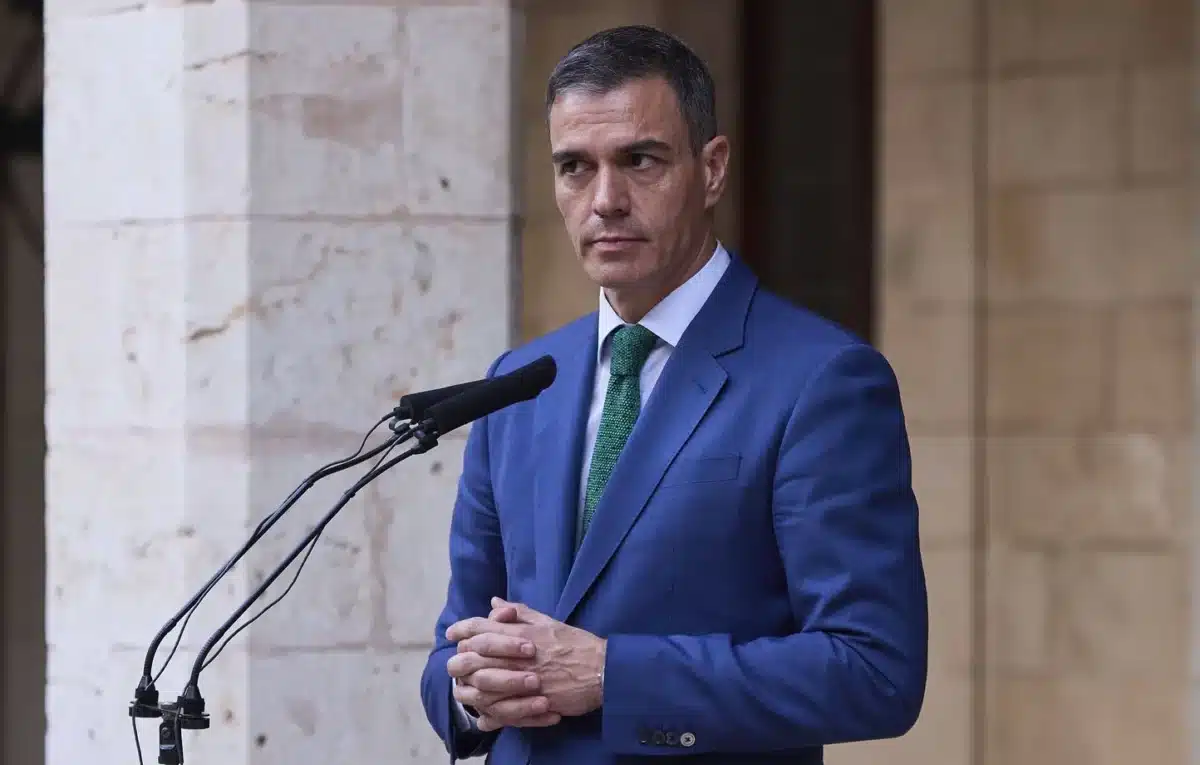Plans to prohibit British nationals and other non-EU citizens from buying second houses in Spain have been revealed by Spanish Prime Minister Pedro Sánchez. The action attempts to stop foreign speculation and lessen the load on Spain’s already troubled housing market in the wake of growing worries over housing affordability in the nation.
According to the new legislation, non-EU buyers will not be able to purchase real estate until they either live in Spain or can prove that their family do. This is a component of a larger plan to deal with the housing crisis, in which rising rents and property values have made it difficult for many Spanish citizens to locate reasonably priced housing. In keeping with comparable policies in nations like Canada and Denmark, Sánchez’s administration is also thinking of imposing a tax on international real estate transactions, maybe as high as 100%.
Spain : A Response to Soaring Housing Prices
Spain has seen a sharp increase in real estate prices over the last ten years, with rentals in Madrid increasing by as much as 60%. This problem has been said to be made worse by the surge of foreign buyers, especially from the UK. Foreigners bought 27,000 properties in Spain in 2023 alone, with British citizens making up the largest share of these purchases (9.5% of all non-Spanish property sales according to real estate registry data).
A total of 638,552 property deals were sealed in 2023, of which foreigners—including EU nationals—accounted for slightly more than 19%, according to housing ministry figures. The share of foreign purchases reached as high as 31.5% in the Balearic Islands, 28.6% in the Canary Islands, and 29.2% in the Valencia region. These numbers underscore the significant role of foreign investment in Spain’s real estate market, especially in tourist-heavy regions.
Sánchez’s government has sought to ease public frustration over these soaring prices. “We are going to propose to ban non-EU foreigners from buying houses in our country, in cases where neither they nor their families reside here and they are just speculating with those homes.” Sánchez stated during a recent speech to his Socialist party. This initiative aims to redirect the housing market toward Spanish residents, rather than foreign investors looking for profitable second homes or vacation properties.
Spain’s previous Golden Visa scheme, which granted residency to wealthy investors who spent over €500,000 on property, was also recently scrapped. While those who already hold the visa will retain it, no new visas will be issued. This shift, along with the new restrictions, is expected to deter foreign investment that critics argue has made it harder for locals to access affordable housing.
Economic Repercussions and Criticism
While the policy is intended to benefit local residents, it has already drawn criticism from various quarters. Sue Wilson, head of Bremain in Spain, a group that advocates for Britons living in Spain, expressed concerns about the broader impact on British citizens. “Many British nationals on lower incomes, who had hopes of retirement on the Costas, have already had their dreams shattered [by Brexit].” she said. “These new measures — assuming they are passed by parliament — will only add to the barriers we face in Europe as non-EU citizens.”
Economists, including Joan Carlos Amaro, a real estate analyst at Esade Business School, also warn that such restrictions could harm Spain’s economy. Amaro suggested that foreign investment often generates economic activity by creating jobs in construction and related sectors. By limiting foreign buyers, Sánchez’s proposals may inadvertently slow down economic growth in these industries.









